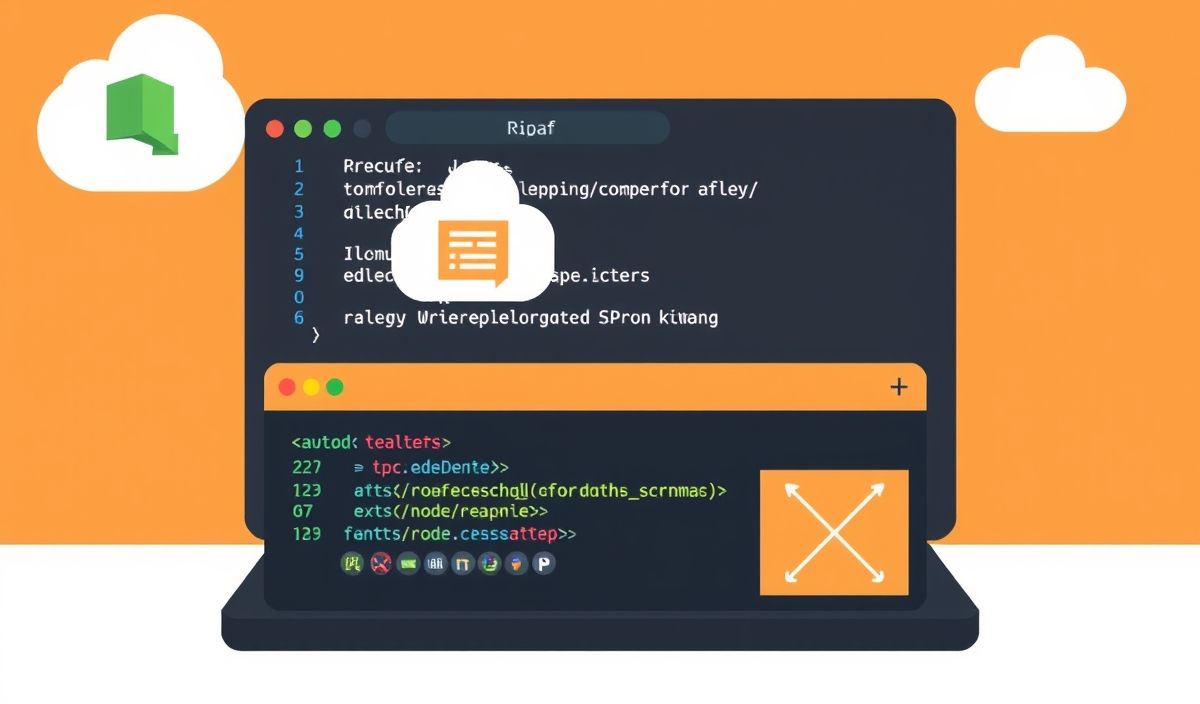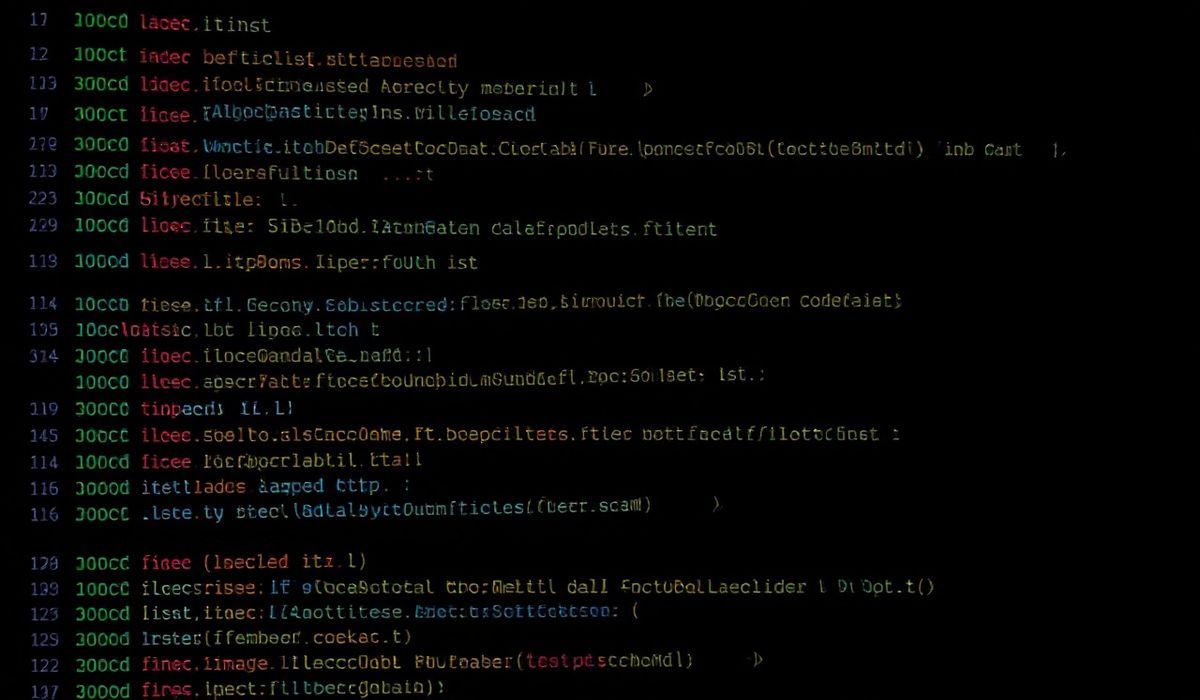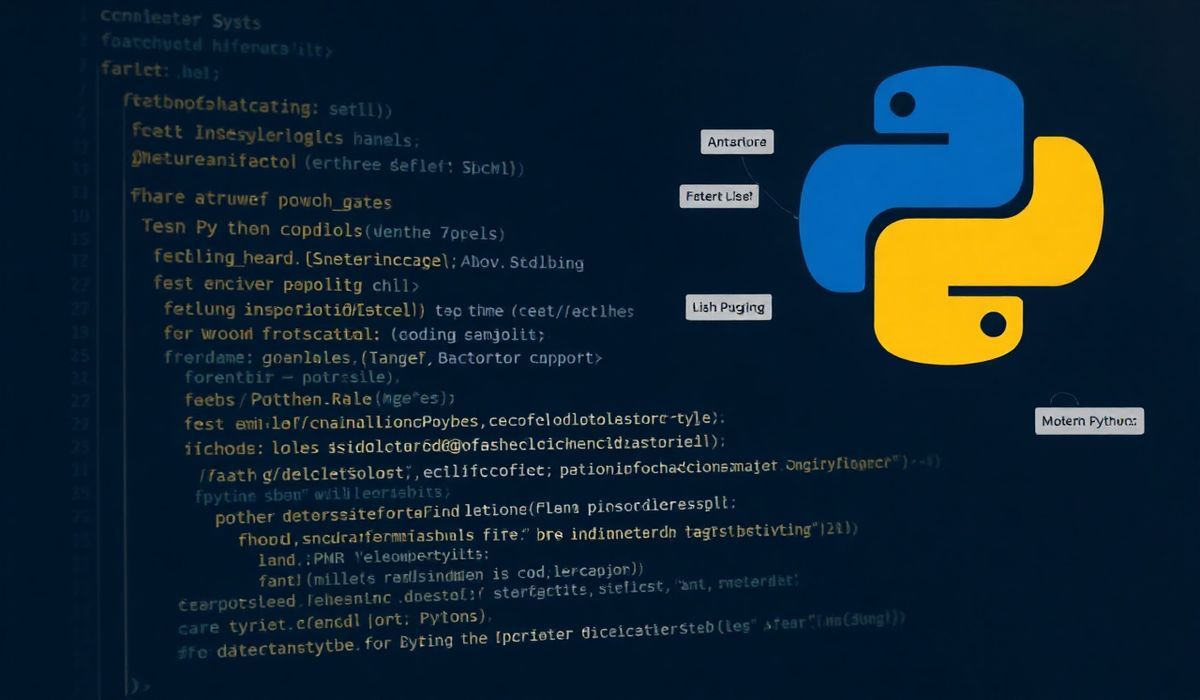Introduction to Rimraf: The Ultimate Directory Deletion Tool in Node.js
Rimraf is a powerful tool in Node.js used for deleting directories and files. It is especially useful when you need to clean up your project by removing large directories and deeply nested files. Rimraf is popular for its efficiency and ease of use, making it a go-to solution for developers across various projects.
Installing Rimraf
Installing Rimraf is straightforward. You can use npm to install it globally or locally in your project:
npm install rimraf -g npm install rimraf --save
Basic Usage
Using Rimraf to delete a directory or file is simple. Here is a basic example:
const rimraf = require('rimraf');
rimraf('/path/to/directory', (err) => {
if (err) {
console.error('Error:', err);
} else {
console.log('Directory deleted successfully!');
}
});
Rimraf Options and Advanced Usage
Rimraf provides several options you can use to customize its behavior:
const rimraf = require('rimraf');
// Preserve the current working directory
rimraf('/path/to/directory', { preserveRoot: true }, (err) => {
if (err) {
console.error('Error:', err);
} else {
console.log('Directory deleted successfully!');
}
});
// Enable globbing and delete using a pattern
rimraf('dist/**/*.js', (err) => {
if (err) {
console.error('Error:', err);
} else {
console.log('JavaScript files deleted successfully!');
}
});
Error Handling
Handling errors with Rimraf is straightforward. You can check for any errors in the callback function:
const rimraf = require('rimraf');
rimraf('/path/to/directory', (err) => {
if (err) {
console.error('Failed to delete directory:', err);
} else {
console.log('Directory deleted successfully without errors.');
}
});
Promises and Async/Await with Rimraf
For modern JavaScript and cleaner code, you can use Promises or Async/Await with Rimraf:
const util = require('util');
const rimraf = util.promisify(require('rimraf'));
async function deleteDirectory() {
try {
await rimraf('/path/to/directory');
console.log('Directory deleted successfully!');
} catch (err) {
console.error('Error:', err);
}
}
deleteDirectory();
App Example Using Rimraf
Here’s a practical application of Rimraf in a Node.js script cleaning up a build directory:
const express = require('express');
const rimraf = require('rimraf');
const app = express();
// Middleware to clean up build directory
app.use((req, res, next) => {
rimraf('build', (err) => {
if (err) {
console.error('Error cleaning build directory:', err);
return res.status(500).send('Internal Server Error');
}
console.log('Build directory cleaned');
next();
});
});
app.get('/', (req, res) => {
res.send('Hello World!');
});
app.listen(3000, () => {
console.log('Server running on port 3000');
});
As you can see, Rimraf is a versatile and powerful utility for managing directories and files in Node.js projects. By leveraging its capabilities, you can ensure your project remains clean and organized.
Hash: 9c221ffe4a24f17843194fa27a10a1460509d552b9bd3f1e749a26e5359fe98e




